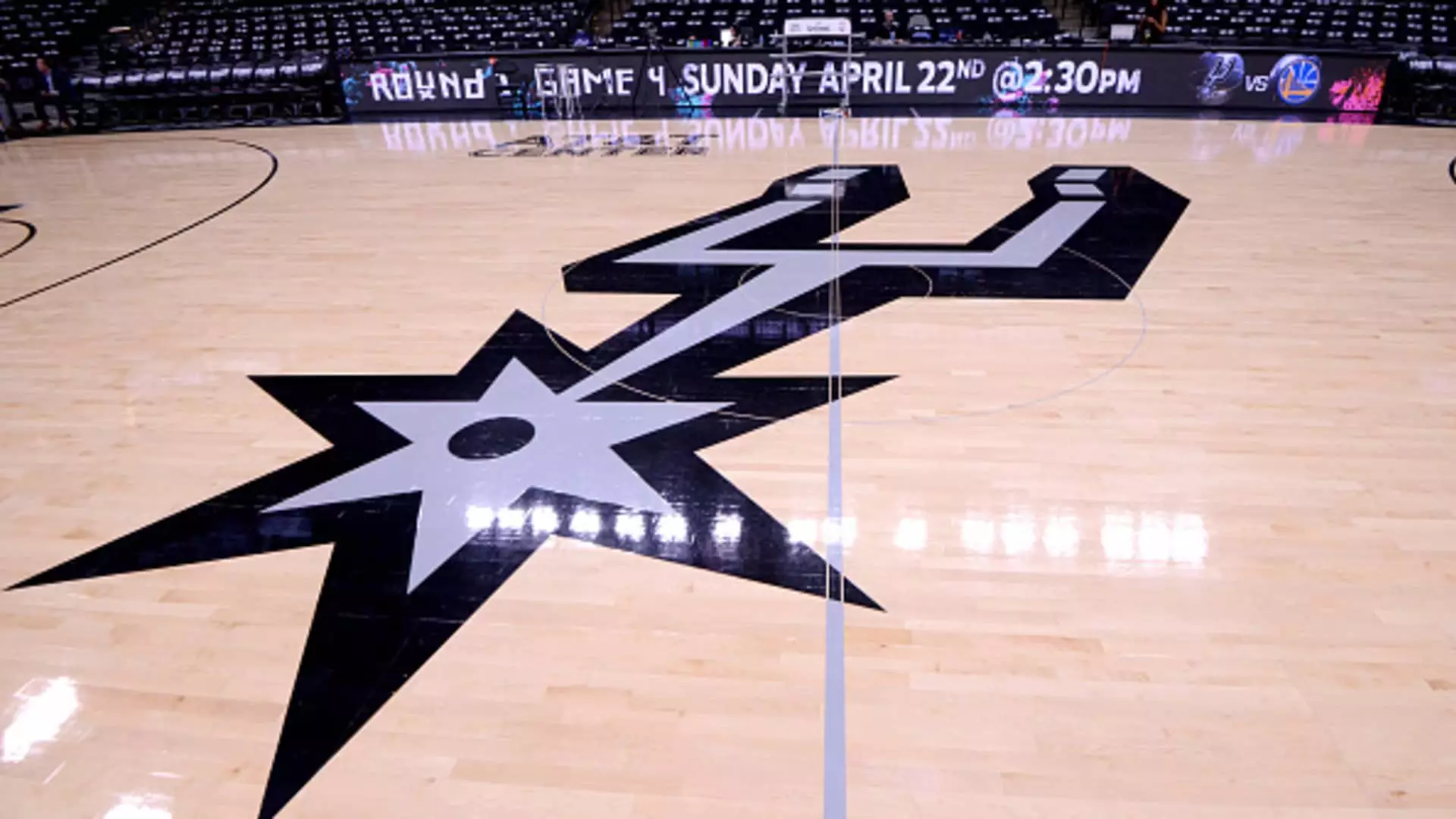Investing in Basketball: Paul Viera’s Rising Stake in the San Antonio Spurs and NBA Market Dynamics

The financial landscape of the National Basketball Association (NBA) has been experiencing a significant transformation in recent years, driven largely by substantial increases in team valuations. Among those seizing the opportunity is businessman Paul Viera, who has made headlines by increasing his ownership stake in the San Antonio Spurs from 5% to 11%. This move reflects not only Viera’s confidence in the Spurs but also showcases the ever-growing attractiveness of NBA teams as investment assets. Recent valuation trends, spurred by a lucrative media deal worth $76 billion over 11 years, indicate that owning a stake in an NBA franchise has become financially alluring.
Viera’s recent acquisition of a larger stake in the Spurs is closely tied to a strategic buyout of the food service company Aramark’s interest in the team. Acquiring the remaining interest at a substantial discount has positioned Viera advantageously in the rapidly appreciating market of NBA franchises. Estimates now value the Spurs at approximately $2.5 billion, a figure that seems likely to continue increasing given the dynamics of sports financing and fan engagement.
In the sphere of NBA team ownership, the trend of partial ownership often results in significant discounts, particularly when the total stakes involve minimal control over team operations. Viera’s initial purchase of a 5% stake last May provides context; while the specific value of that entry remains undisclosed, it suffices to say that the landscape has changed sharply within the year.
Furthermore, the Spurs operate under the majority ownership of Peter Holt, a figure who has played a major role in the club’s strategic decisions since 1996. Alongside minority owners like Michael Dell and former NBA star David Robinson, the ownership group represents a mix of technology, investment, and sports talent that is crucial for the franchise’s growth potential. These multifaceted ownership structures reflect a modern approach to value generation where diverse perspectives are vital for fostering team advancement and fan engagement.
Despite recent struggles—such as finishing last in their division with a 22-60 record during the 2023-24 season—the Spurs have a beacon of hope in rising star Victor Wembanyama. His talent on the court not only promises to potentially revitalize the competitive stature of the Spurs but also hints at bolstering the financial trajectory of the franchise. The correlation between superstar players and the increase in team valuations is evident; as franchises become exciting and competitive, they attract more fans, which in turn boosts revenues from ticket sales, merchandise, and, increasingly, digital engagement.
It’s worth noting that other teams within the league exhibit similar valuation boosts following the emergence of standout players. Junior Bridgeman’s recent acquisition of a stake in the Milwaukee Bucks for a reported $3.4 billion also emphasizes how significant financial figures are frequently tied to the presence of charismatic players, who can elevate a team’s visibility and marketability.
The uptick in ownership stakes by individuals of diverse backgrounds further enriches the fabric of the NBA. Figures like Viera and Bridgeman contribute not just financially but also culturally, embodying a shift toward inclusivity within the ownership dynamics of professional sports. The efforts to engage former players and individuals from minority backgrounds is notable, with well-known figures like Dwyane Wade and Grant Hill also involved in ownership possibilities. This diversification enriches the franchise’s outreach and fosters a more relatable community aura for fans, which can be critical in developing loyalty and sustained revenue.
With increasing media rights deals and strategic ownership transitions, the expectation is that NBA franchises will continue to rise in value. The case of the Boston Celtics illustrates this trend, as estimates suggest that Wyc Grousbeck’s controlling stake could command between $5.5 billion and $6 billion—an astronomical return on investment since acquiring the franchise for $360 million in 2002.
Paul Viera’s incremental investment in the Spurs highlights a broader trend of climbing valuations in the NBA, driven by strategic moves from investors and the rising prominence of major players like Wembanyama. As this dynamic develops, both the financial landscapes and the community engagement strategies of NBA teams will play crucial roles in shaping the future of sports investments.





